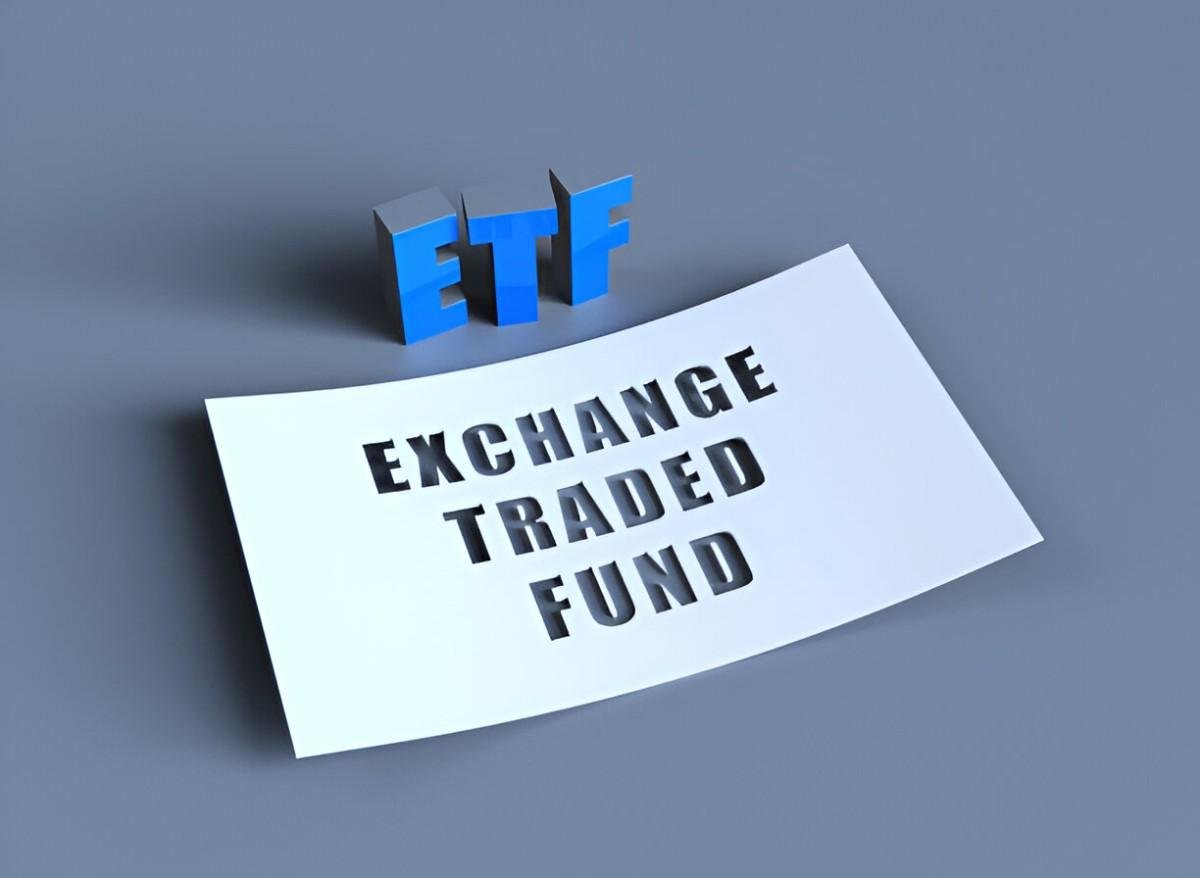As a finance expert, I often get asked whether exchange-traded funds (ETFs) and mutual funds are fundamentally the same. While they share similarities, key differences affect performance, cost, and investor suitability. In this deep dive, I’ll compare their structures, costs, tax efficiency, liquidity, and investor accessibility—helping you decide which fits your portfolio.
Table of Contents
Understanding the Basics
What Are Mutual Funds?
Mutual funds pool money from multiple investors to buy a diversified portfolio of stocks, bonds, or other assets. They are priced once per day after market close, based on the net asset value (NAV). NAV is calculated as:
NAV = \frac{Total\ Assets - Total\ Liabilities}{Number\ of\ Outstanding\ Shares}For example, if a mutual fund holds $100 million in assets, has $5 million in liabilities, and has 10 million shares outstanding, its NAV is:
NAV = \frac{100,000,000 - 5,000,000}{10,000,000} = \$9.50\ per\ shareWhat Are ETFs?
ETFs also pool investor money into diversified portfolios but trade like stocks on exchanges throughout the day. Their prices fluctuate intraday based on supply and demand, though they generally stay close to NAV due to arbitrage mechanisms.
Structural Differences
Creation and Redemption Process
- Mutual Funds: Investors buy/sell shares directly from the fund company at NAV. New shares are created or redeemed based on demand.
- ETFs: Authorized Participants (APs) create/redeem shares in large blocks (typically 50,000 shares) via in-kind transfers, minimizing capital gains distributions.
Trading Flexibility
| Feature | Mutual Funds | ETFs |
|---|---|---|
| Trading Window | End-of-day NAV | Intraday market hours |
| Order Types | Market orders only | Limit, stop, market |
| Short Selling | Not allowed | Allowed |
This flexibility makes ETFs more attractive for active traders.
Cost Comparison
Expense Ratios
ETFs generally have lower expense ratios than mutual funds due to passive management and structural efficiencies.
| Fund Type | Average Expense Ratio (2023) |
|---|---|
| Index Mutual Funds | 0.42% |
| Actively Managed MFs | 0.74% |
| ETFs | 0.18% |
Transaction Costs
- Mutual Funds: Some charge front-end or back-end loads (e.g., 5.75% upfront on Class A shares).
- ETFs: Brokerage commissions apply, though many platforms now offer commission-free ETF trading.
Tax Efficiency
ETFs are typically more tax-efficient due to the in-kind creation/redemption process, which minimizes taxable events. Mutual funds, especially actively managed ones, may distribute capital gains annually, triggering tax liabilities.
Performance and Liquidity
Tracking Error
Both ETFs and index mutual funds aim to replicate benchmarks, but tracking error (the deviation from the index) varies:
Tracking\ Error = \sqrt{\frac{\sum (Fund\ Return - Index\ Return)^2}{N}}ETFs often have lower tracking errors due to arbitrage mechanisms keeping prices aligned with NAV.
Liquidity Considerations
- Mutual Funds: Liquidated at NAV, but redemption may take 1-2 business days.
- ETFs: Can be sold instantly during market hours, but liquidity depends on trading volume.
Investor Suitability
Best for Long-Term Buy-and-Hold Investors
- Mutual Funds: Automatic investment plans (e.g., $500/month) work well for dollar-cost averaging.
- ETFs: Better for tax-sensitive investors due to lower capital gains distributions.
Best for Active Traders
- ETFs: Intraday trading and advanced order types provide flexibility.
- Mutual Funds: Not ideal due to single daily pricing.
Real-World Example
Suppose you invest $10,000 in two funds tracking the S&P 500:
- Vanguard 500 Index Fund (Mutual Fund – VFIAX)
- Expense Ratio: 0.04%
- Annual Cost: $4
- SPDR S&P 500 ETF (SPY)
- Expense Ratio: 0.09%
- Annual Cost: $9
While SPY’s expense ratio is higher, its tax efficiency could save you more in the long run.
Conclusion
ETFs and mutual funds share core similarities—both offer diversification and professional management. However, differences in trading flexibility, costs, and tax efficiency make them suited for different investors. If you prefer intraday trading and tax efficiency, ETFs may be better. If you value automatic investing and simplicity, mutual funds could be the right choice.
Final Comparison Table
| Factor | Mutual Funds | ETFs |
|---|---|---|
| Pricing | End-of-day NAV | Intraday market price |
| Expense Ratios | Higher (avg. 0.42%) | Lower (avg. 0.18%) |
| Tax Efficiency | Lower | Higher |
| Trading Flexibility | Limited | High |
| Best For | Long-term investors | Traders, tax-sensitive investors |
By understanding these nuances, you can make an informed decision aligning with your financial goals.





